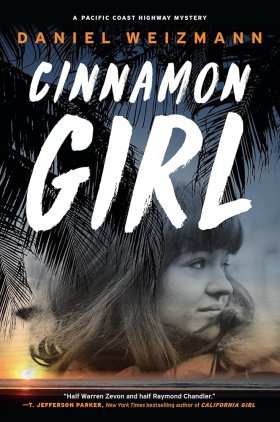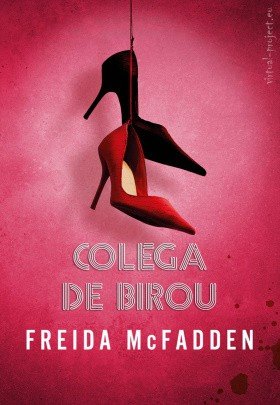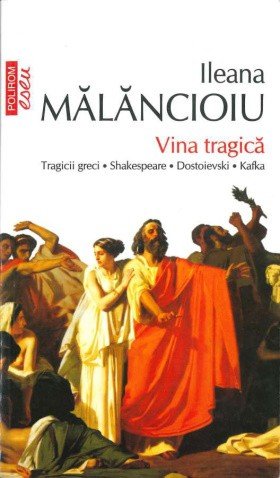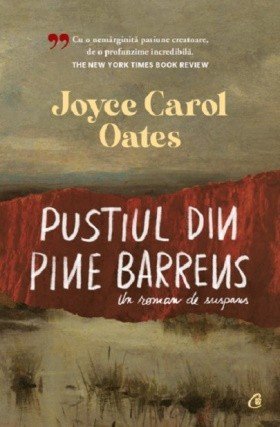She handed me the slip of newspaper and was about to walk away when she spotted a Little Martin acoustic guitar on the couch and picked it up with one hand.
I said, “You play that thing?”
She gave me a droll look and didn’t answer, retreated to her room and closed the door.
Alone now in the tiny living room, I placed the vinyl on the platter and lifted the needle gently onto side one. I turned the big volume knob on the amplifier down to three, just in case it was really gnarly, but the music came on rinky-dink, a rickety attempt at a sixties kind of guitar pop, with tinny little reverb guitar splashes and a simple riff that looped and looped. They were garage amateurs, for sure. But the words were eerie, mystical, heartfelt.
Runaway sunshine
Through the dangling trees
’Cross the morning breeze
It’s callin’ out to you, there’s nothing you can do
You can never ever catch
the runaway sunshine
Whatever it was, I liked it. Song by song, I floated on the rocky waves of garage-y teenage sound—you could practically hear the guitar cables snapping into the buzzing Sears amps. I didn’t know what instrument Emil played or if this was really even his band. But the songs were real songs, a little spooky, imperfect harmonies cascading with intense emotion, and I couldn’t tell if it was because of the passage of time or the murder in the backyard or the late hour of night or because they meant it that way, this spooky-ookiness from Cinnamon’s trunk in the land of brightly colored dot-to-dots. Just before the third song, Endi passed through the room, stopped, and smiled.
“They can barely hold it together,” I said apologetically.
“Yeah…but…yet, they kinda do. It’s good. Turn it up.” I did, and she backed into the funky old lounge chair and curled up on it and we listened together. I was grateful for the company.
Polka dot princess in the land of nod (ahhhh ahhhh ahhhh)
She’s got a little dot that’s a line to God (ahhhh ahhhh ahhhh)
Princess fair don’t lead me on
Tell me when you’re coming on
We’ll ride a battleship into the dawn, oh yeahhhh
Our eyes met. Endi said, “Wow,” and we burst out laughing.
When side one came to an end she said, “Ziva has some wine in the fridge if you want.”
I said, “Sounds great,” and I got up to go pour some glasses.
When I came back, Endi had crossed the room and was kneeling on the couch, flipping the wax back and forth, tilting the vinyl to the dim orange lamplight.
“What, scratched?” I said.
“No, no. You know how they engrave things into the run-out groove?”
“The what?”
“You know, the glossy band right before the label.”
“Oh, that thing? Show me.”
“See. This is awesome, look—” I leaned in but not too close and squinted over her shoulder. “T-D-T-4-3-V-3-R” she said. “The Daily Telegraph forever.”
“Wow. You’re right.”
Then she flipped the LP. “But check out the other side.”
It read LAZERBEAM scratched in all caps next to a string of numbers.
“Maybe a serial number,” I said.
“No, read it.” She handed me the vinyl. I held it under the bulb: Lazerbeam 0 0 0 1 2 1 3 6 6 0 2 8 9 5 0 0 0.
“That’s not a serial number,” she said. “That’s a 213 phone number.”
“Holy moly,” I said. “You might be right. Should I call it?”
“Maybe not this late.”
Side two was one long track—a strange, creaky psychedelic jam-out that sent Endi to dreamland with her hands on her lap and her wine glass still half full on the table. Quiet as a mouse, I let myself out with The Daily Telegraph’s freaky magnum opus under my arm.
 6
6
I woke in my studio apartment with Endi’s laughing smile on my mind, but the reverie was broken by the crinkle of the envelope I’d stuffed under my pillow—Elkaim’s cold hard cash. With a heave I sat up and groped for the cell. I was living in the upstairs storage space of Santiago Sound Labs, now complete with futon bed, mini-fridge, hot plate, and a rolling rack of clothes—my wardrobe didn’t quite fill the thing. One little window overlooked a three-space parking lot, but it caught the morning sun. I dialed Steam World. After one ring, a man answered. “Yallo.”
“Hi, wow, somebody there—finally—can I speak to Devon Hawley?”

























